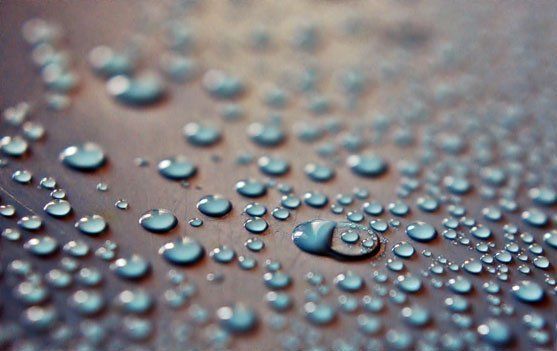The symptoms & treatments for dehydration
What are the risks and symptoms associated with being dehydrated

Did you know most people suffer from chronic dehydration and that thirst already indicates you are dehydrated? Further did you know that thirst is the first sense you lose as you age?
Over 90% of the clients I have worked with suffer from dehydration. They don't drink enough during the day, they don't eat enough fresh fruit and vegetables which are hydrating, use excess diuretics and often their gut is not working which is key to help absorb water. As your body is more than 70% water it is important that you priorities drinking before eating to avoid below dehydration risks.
Dehydration impacts:
- Brain function - Research has shown that even mild dehydration can impact cognitive functioning such as memory, attention, alertness and create mood impairments such as fatigue, confusion and anger. This is particularly important for the ill, elderly and those suffering from dementia (dehydration is a serious risk for delirium).
- Sleep quality - Going to bed even mildly dehydrated can disrupt your sleep. Dehydration causes your mouth and nasal passages to become dry, setting you up for bad sleep- disruptive snoring, a parched throat and hoarseness in the morning. Further you can experience leg cramps and fragmented sleep which will further compromise your cognitive functioning, alertness and mood the next morning.
- Energy production - Is significantly reduced when dehydrated.
- Weight loss - Have you heard the saying "the more you drink the more you shrink"? Well now you have. The brain doesn't know the difference between hunger and thirst and unfortunately once dehydrated the brain will send signals to increase both thirst, hunger and cravings making you more likely to overeat. In this state your cognition and energy levels are lowered making you more likely to succumb to the temptation of something sweet or fatty.
- Gut function - Dehydration can lead to constipation, which can lead to an altered microbiome and under the right conditions to small intestinal bacterial overgrowth (SIBO), hormonal dysregulation and increased oxidative stress. Your body is designed to evacuate your bowels every 12-18 hours. This process ensures clearing of toxins, hormones and cholesterol and does one third of your body's total detoxification. As such, staying well hydrated will help you open your bowels daily and ensure adequate detoxification and overall health.
- Detoxification - Every day we get exposed to numerous toxins and chemicals in our environment (air, water, food, skin care products, cleaning products etc). Fortunate for us our bodies are always working hard to keep us healthy and detoxify these burdens. Hydration is key to move many water-soluble toxins and chemicals which otherwise can get stored in your body and fat cells.
- Nourishing cells and tissues - Drinking water helps your cells receive the nutrients needed for optimal function. Water and oxygen enhance nutrient delivery to your cells and help optimise your nutrition strategy.
- Exercise performance, keeping joints lubricated and pain - Even mild dehydration can reduce the ability to exercise, increase the risk of injury and slow down recovery post exercise. Studies have shown that dehydration can result in muscle cramps, reduced endurance, increased fatigue, altered thermoregulatory capability, reduced motivation, and increased perceived effort. Also you in general are more likely to experience more pain and inflammation.
- Skin health - The skin contains approximately 30% water, which contributes to plumpness, elasticity, and resiliency. Dehydration will make your more likely to wrinkle faster, experience dry and cracked skin, possible breakouts and exacerbation of other skin conditions such as eczema, dermatitis, psoriasis and even rashes.
- Headaches - Drinking water may help reduce and prevent headaches.
- Other functions requiring adequate hydration include:
- regulate body temperature; prevent infections; decrease the risk of kidney stone formation; prevent hangovers.
Anca Vereen is an Accredited Practising Dietitian and Nutritionist, Psychotherapist, Breathing Coach and Nutrigenomics Lecturer for Latrobe University who specialises in stress management.
To learn more about how to optimise your nutrition and hydration please visit https://www.ancavereen.com/online-nutrition-courses-melbourne-australia
For more information on dehydration symptoms please visit https://www.healthdirect.gov.au/dehydration




